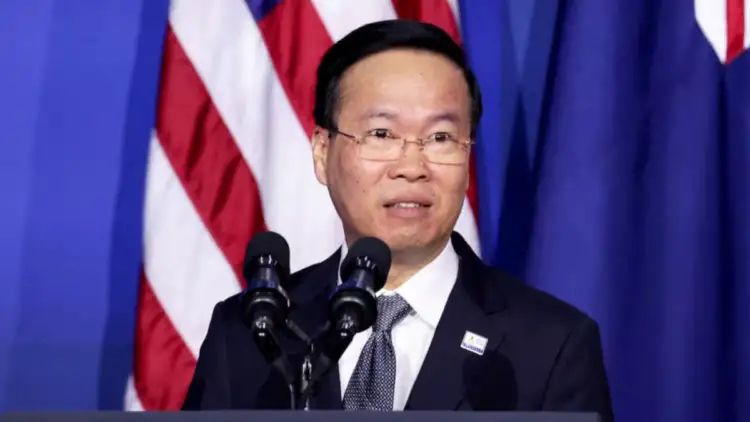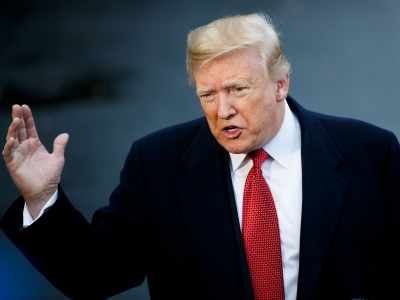Vietnam President Vo Van Thuong resigns after one year on job, govt cites ‘shortcomings’ during rule

Vo Van Thuong stepped down from the post of president of Vietnam on Wednesday, one year after his election. His resignation has been accepted by the Vietnamese Communist Party.
The Vietnamese government issued a statement where it said Thuong violated party rules and cited “shortcomings”.
“Shortcomings had negatively impacted public opinion, affecting the reputation of the Party, State and him personally,” the government said.
The 53-year-old leader’s resignation came days after Vietnamese police announced the arrest for alleged corruption a decade ago of a former head of central Vietnam’s Quang Ngai province, who served while Thuong was party chief there.
Thoung was appointed as president of Vietnam last year following the quitting of former leader Nguyen Xuan Phuc who was blamed by the party for “violations and wrongdoing” by officials under his control.
It took lawmakers one month and a half to appoint Thuong as Nguyen Xuan Phuc’s successor.
Thuong was also widely regarded as being close to Vietnam’s most powerful figure and the main architect of the anti-graft campaign, Nguyen Phu Trong.
Vietnam’s political turmoil could hurt foreign investors’ confidence
Vietnam has recently started to witness political turmoil and the latest development of Thuong’s resignation could hurt foreign investors’ confidence in the country.
Though this political crisis can be resolved with a speedy election of a new president, but the country still faces risks as there have been repeated reshuffles of top leaders that could hurt business sentiment.
For the unversed, Vietnam is massively dependent on foreign investment.
The news of the resignation of the president in Vietnam started doing the rounds earlier this week. On Monday, the Ho Chi Minh City stock exchange, the country’s main bourse, fell almost 3 per cent in the first hours of trading.
According to Mirae Asset Securities, a broker, foreign investors’ net sales in the first two days of the week amounted to about $80 million.
Thuong’s “removal could see policy and administrative decisions slow further as officials are more anxious about the arc of the anti-corruption campaign,” a report by Reuters quoted a Vietnam-based advisor to foreign corporates as saying.
The advisor, however, noted that Vietnam’s position on key policies would not change.





